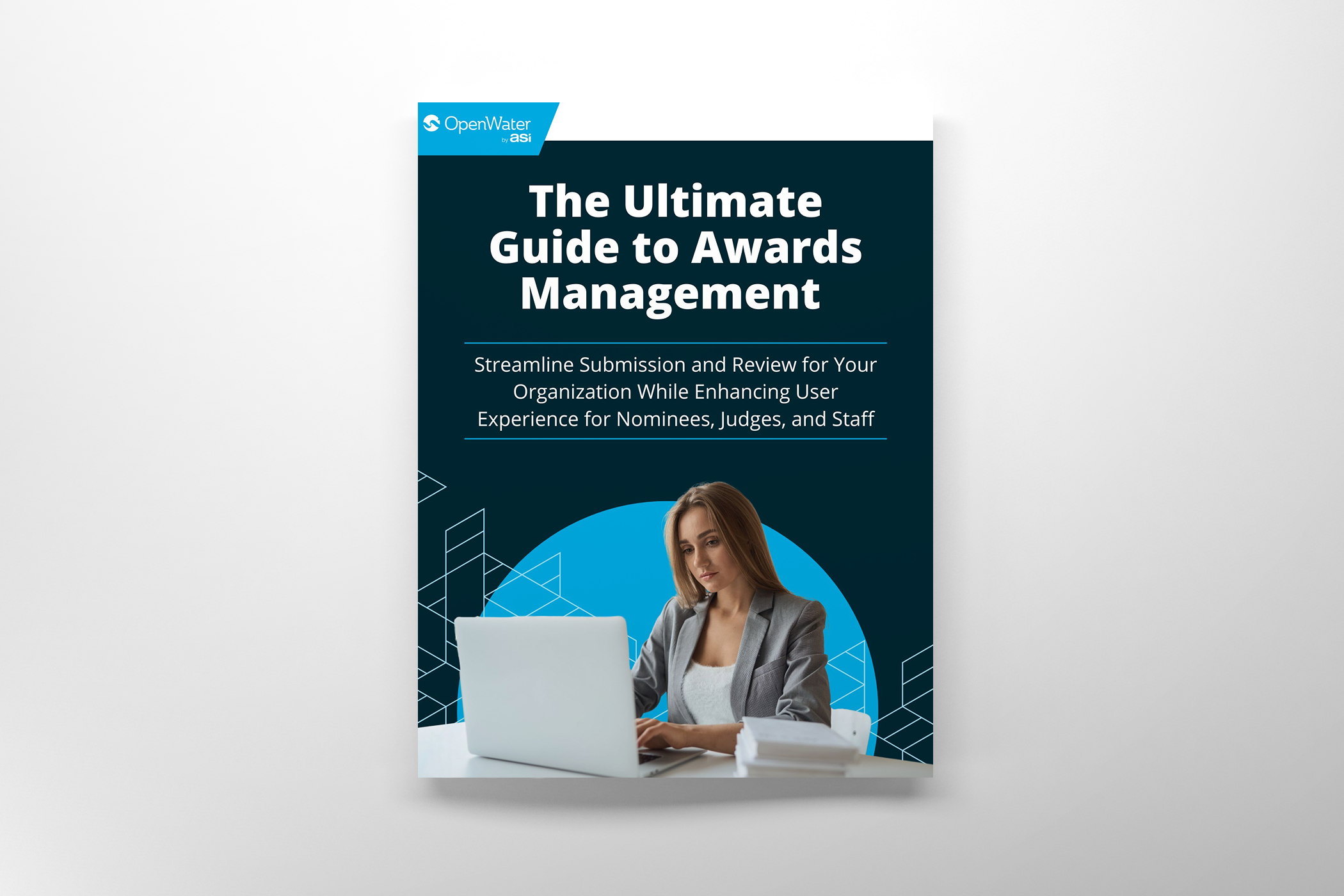The Secret Sauce to Effective Committees
Ever heard of these jokes?
“If Columbus had an advisory committee he would probably still be at the dock.”
“Meeting rules for managers: Never arrive on time, or you will be stamped a beginner, and when in doubt, suggest that a subcommittee be appointed.”
“How many committee members does it take to change a lightbulb? “This topic was resumed from last week’s discussion, but is incomplete pending resolution of some action items. It will be continued next week. Meanwhile …”
But guess what? Running a committee is hard work. And it is through committees that we get real work done. So before you knock it, get your facts straight!
How do Committees do real work?
It is through committees that boards get the bulk of their work done. According to the Harvard Business School, committee meetings are where most board activity takes place, with 52% of board activity in s&p 1500 firms taking place at the committee level. The way they work is by providing boards with additional insight into action items that may require more expertise, and then upon board instruction, are the ones that get to work on things that need getting done around the organization. To put simply, committees both feed up and work down.
What functions do committees serve?
There are three main functions that committees serve. Committees exist to:
- Divide up the work of the organization so that there is accountability on all sides
- Remove routine tasks from clogging up important monthly board meetings
- Fill “knowledge gaps” between board members by allowing experts to be a part of the decisionmaking process
And while most of the time committees serve as an “advisory” purpose to the board, there are some structures that give decisionmaking authority to committee chairs, given that they are often more knowledgable on their given subjects – and just because it saves the board a lot of time.
What is the one most important thing for effective committees?
Effective committees don’t exist without responsible committee members. According to the Association of Governing Boards, strategic committees can only exist when committee chairs are intentional about committee composition and staffing. Responsible committee members understand that committees instead should serve to strengthen the board’s decisionmaking authority by breaking down tasks to manageable amounts and assigning it to the most knowledgeable party on the issue.
There are five key qualities you should look for in a responsible committee member:
- They spend the time to remain knowledgable and up-to-date on the key issues.
- They understand the need to actively contribute to a conclusion. Nothing is worse than having things be left up in the air for months at a time.
- They are well connected and are not shy to reach out to members outside of the committee to gather opinions and find a solution.
- They are resourceful and flexible enough to search for and evaluate alternative solutions.
- While they understand the need for urgency, they are also capable of pulling back and staying patient if additional input is deemed necessary before making any important decisions.
Committees, like any other group decisionmaking authority, are tough to get right. Effectiveness is a key issue that committee chairs will face at every corner. However, with the right people who remain focused on the mission, ask the right questions, and remain strategic in their endeavors, committees can serve as an extremely powerful tool for any board.
Still not sure if a OpenWater’s Committee Management Software is what you need? Click here to find out more about OpenWater and our Growthstack.
Already with OpenWater? Have you checked if your organization is OpenWater certified? Hurry! Check out our calendar to find out about upcoming webinars and certification programs.
